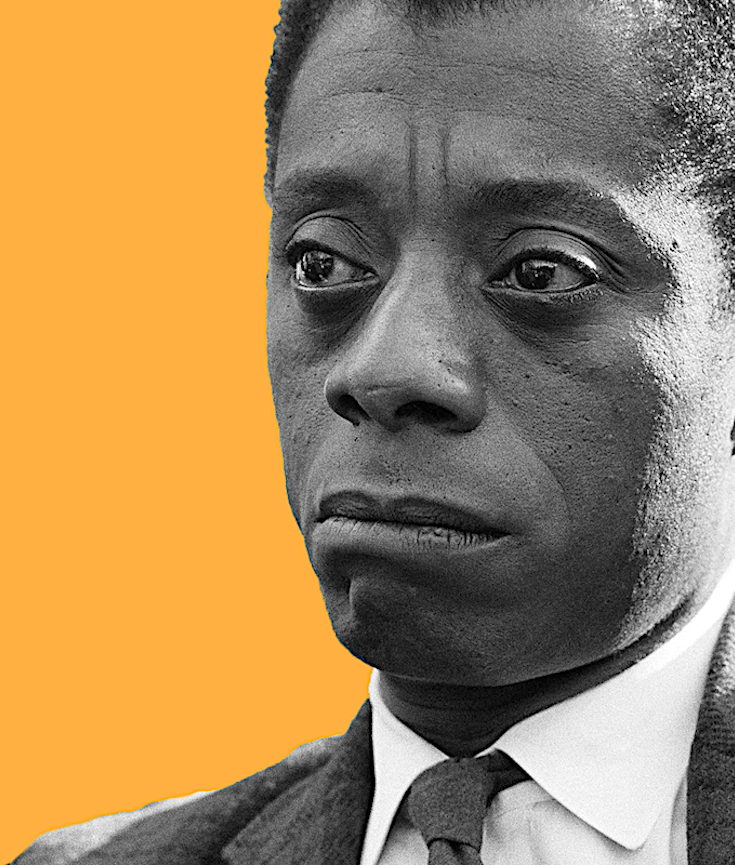[dropcap]Today[/dropcap] marks what would have been the 93rd birthday of writer and social critic, James Baldwin. Known for addressing the intricacies of African Americans, White America and gay men through his writing, Baldwin has become a staple in contemporary literature. Though he passed away in 1987, his words and mindset —that was far beyond the moment he dwelled in— continue to be relevant in today’s hard reality of injustice, complex social issues and racial dilemmas. Remember his fight with some of his wisest words, below.
[mc4wp_form id=”6042″]
 Photo Credit | Photo by RDA/Getty Image
Photo Credit | Photo by RDA/Getty Image
Ignorance, allied with power, is the most ferocious enemy justice can have. James Baldwin
 Photo Credit | Photo by RDA/Getty Image
Photo Credit | Photo by RDA/Getty Image
To be a negro in this country and to be relatively conscious is to be in a rage almost all the time.

The fact that we are still here —even in suffering, darkness, danger, endlessly defined by those who dare not define, or even confront themselves— is the key to the crisis in white leadership.
HARLEM RENAISSANCE | CULTURAL, SOCIAL & ARTISTIC
The Harlem Renaissance took place in Harlem, New York, spanning the 1920s. During the time, it was known as the “New Negro Movement”, named after the 1925 anthology by Alain Locke. The Movement also included the new African-American cultural expressions across the urban areas in the Northeast and Midwest United States affected by the African-American Great Migration, of which Harlem was the largest. The Harlem Renaissance was considered to be a rebirth of African-American arts. Though it was centered in the Harlem neighborhood of the borough of Manhattan in New York City, many francophone black writers from African and Caribbean colonies who lived in Paris were also influenced by the Harlem Renaissance.
The Harlem Renaissance is generally considered to have spanned from about 1918 until the mid-1930s. Many of its ideas lived on much longer. The zenith of this “flowering of Negro literature”, as James Weldon Johnson preferred to call the Harlem Renaissance, took place between 1924 (when Opportunity: A Journal of Negro Life hosted a party for black writers where many white publishers were in attendance) and 1929 (the year of the stock market crash and the beginning of the Great Depression) (Wikipedia).


You must be logged in to post a comment.